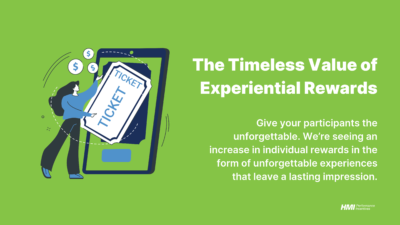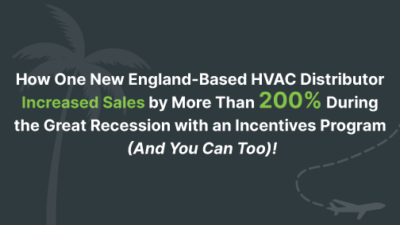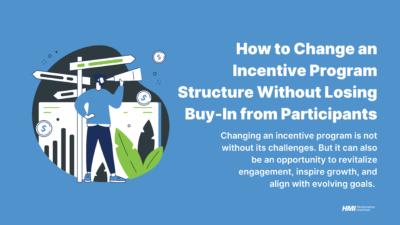Earlier this year, the Dominican Republic found itself in the news following the untimely deaths of nearly a dozen U.S. tourists staying at various luxury resorts across the island. While the U.S. Embassy in Santo Domingo hasn’t as of yet confirmed that these tragic deaths—which occurred over the span of 6 months—are related, the situation has nonetheless left American tourists feeling rather uneasy about traveling to the normally inviting tropical destination.
This uneasiness is understandable: in an ideal world, no one should have to worry about their health and safety when they go on vacation. Whether or not the events in the Dominican Republic end up being an ongoing cause for concern, in many ways the damage has already been done. According to a report, flight bookings to the DR for July and August dropped 74% compared to the same period in 2018, with flights to other Caribbean destinations like Jamaica, the Bahamas, and Aruba up 26%, 44%, and 31%, respectively.
Now, a few months ago we wrote a blog post about the issues Boeing had been having with its 737 Max jets, how this was affecting travel plans worldwide, and how working with third-party incentive planners could provide much-needed attention and adaptability in dealing with such an unexpected crisis. But rebooking participants on alternative flights is one thing. Revising entire trip itineraries for multiple groups when the trips have already been arranged, contracts have already been signed, and deposits have already been put down is something else.
We’re talking hundreds of air tickets, enormous room block reservations across multiple properties, transportation arrangements organized through destination management companies (DMCs), destination specific events, and a number of other ancillary (but not insignificant) details, not to mention the need to revise entire promotional campaigns on the fly.
With the Dominican Republic situation, all of this came to a head. At HMI, we had multiple trips scheduled to go to the DR in Spring 2020. As more and more of these mysterious deaths and illnesses came to light following investigations by national news outlets, the problem became not just one of health and safety, but of public perception.
Suddenly, our clients were receiving emails and phone calls from concerned incentive program participants who were naturally asking questions about their upcoming trips. Eventually, these questions started becoming objections and grew in number each week.
Finally, the situation escalated to the point where our clients began having conversations with us about the possibility of moving their programs to alternative destinations.
As I mentioned, with so many moving parts involved, there was no simple fix. For starters, in most cases significant (i.e. six-figure) deposits had already been placed with resorts in the DR. This was by far the biggest hurdle to overcome, with groups ranging from 100-500 participants and room blocks already secured. What’s more, the resorts’ official stance continues to be that there is nothing inherently wrong, that the incidents are unconnected, and that the resorts are safe places for people to visit. In other words, a full refund would be off the table.
Fortunately, at HMI we have valuable, longstanding relationships with many resort chains, airlines, and local DMCs, as well as an outstanding team of dedicated group incentive travel coordinators who immediately got to work trying to find creative solutions to this admittedly large-scale challenge.
Through their hard work, they were able to utilize HMI’s corporate relationships to salvage our clients’ incentive trips and help them mitigate any potential losses. In particular (and most importantly), they were able to work with the hotel chains to reroute our large groups to the chains’ alternative sister properties in the Caribbean, Mexico, and the U.S. at no additional cost. Furthermore, as a result of HMI’s relationships with the airlines we were able to retrieve our clients’ deposits for their flight blocks and rebook to the new destinations.
Conclusion
Ultimately, being able to rely on these established relationships, as well as the strong partnerships we’ve cultivated with our clients over the years, is what enables us to quickly and consistently adapt to global events and the complex business challenges they often present. This is something that becomes exponentially more difficult without the expertise and experience that comes with being a third-party incentive company specializing in incentive travel.
And while our clients have a responsibility to consider the feedback provided by their customers, salespeople, and other stakeholders, it’s our job, in turn, to work with them to achieve the best possible outcomes for their programs. This can only happen through strong, timely communication and the ability to adapt and remain flexible in the face of unpredictable events.
Sources
https://www.travelandleisure.com/travel-news/tourist-deaths-dominican-republic-safe
https://www.hmiaward.com/blog/incentive-travel-planners-make-the-difference-the-boeing-example/




